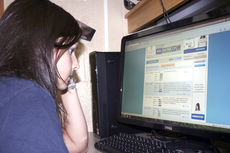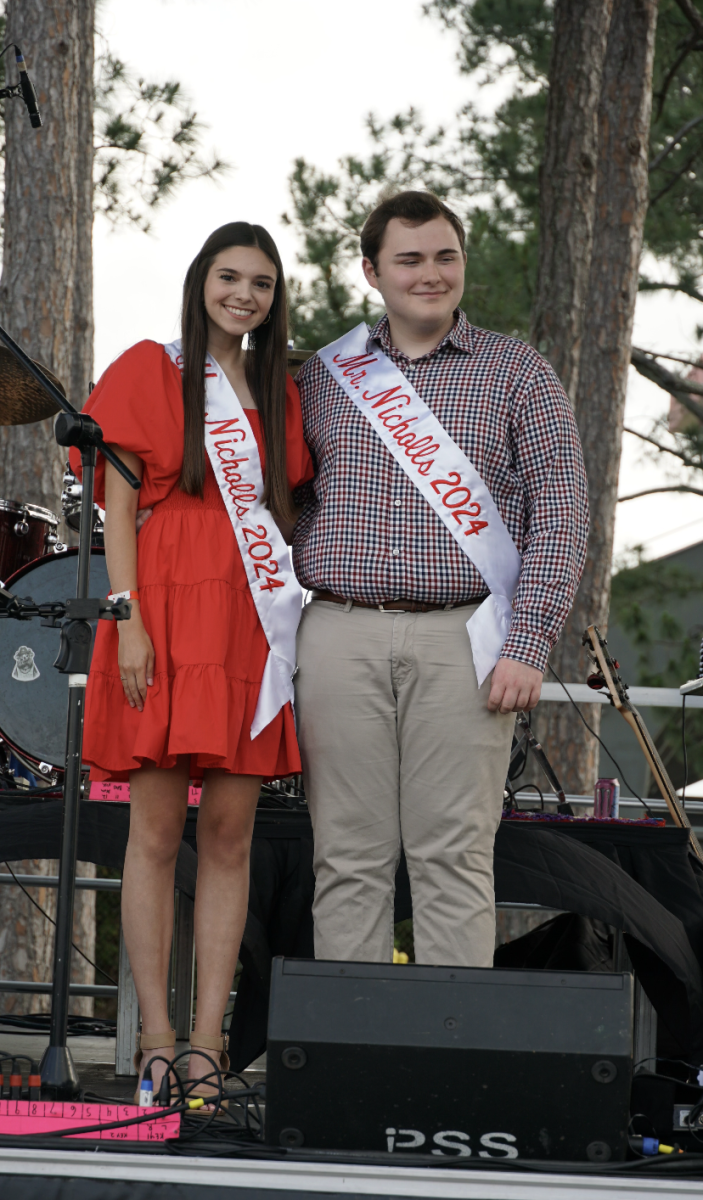The controversial Web site ratemyprofessor.com gives Nicholls students access to an online forum where they can evaluate professors, share comments about their personal experiences in class and rate those faculty members they think are “hot,” but leaves many questioning its reliability. James Stewart, associate professor of mass communication, said he does not feel it is an effective tool for students to base their course selections on.
“You usually get two types of people that comment,” Stewart said. “You get those who really like or dislike a particular class.”
For example, there is a sliding scale of comments posted about an associate professor of mass communication.
“He comes off a little strong, but he’s just trying to prepare you for the real world experiences. I firmly believe that most college professors should be this way,” one student posted about the professor.
“Do not take him,” another said.
Another professor who received mixed comments was a languages and literature instructor.
“Witty, cute and fun. She’s such a firecracker. Magnifico,” posted one student.
“I dropped the class after a week because she is mean,” wrote another.
Some postings could even be construed as barely dealing with the class at all.
“Russell freaking Price is a beast. I go to his class to meet hot girls and sometimes take notes too. I agree with whoever commented earlier. If you do badly in his class or left a bad review, it’s probably because you’re a hideous troll, and need not apply. Price needs his own dating show. We’ll call it Price of Love,” a student wrote.
The fact these ratings are subjective to the students leaves some, who consider using the site, skeptical.
David Hall, mass communication senior from Missouri, said he found out about the site through other students.
“I used to use it frequently,” Hall said. “Then I found some people used it to vent about certain professors.”
Hall said it was about a 50/50 split between those who really enjoyed or disliked a professor, deeming the Web site “questionable.”
Other students believe the rating system can still be helpful when selecting, or not selecting, a class.
Elliot Macks, general business junior from Houma, said he uses it every semester and finds it quite useful.
“If there is a stinker out there, it will let me know about them,” Macks said.
Jarred LaFont, general business junior from Houma, said he enjoys the Web site.
“I will continue to use it because you can say whatever you want,” LaFont said. “People are honest about teachers and how they teach. But one guy said a teacher was hot, and she wasn’t.”
Students can begin searching for a professor or university by name, with more than 6,000 schools available to choose from. After a university is selected, a list of its rated professors is displayed in alphabetical order. There are a number of different categories placed by each teacher.
There is the total ratings listing that shows how many people have posted comments or have given the instructor a rating. The number of total ratings for most Nicholls professors ranges from one to more than 100.
The next category is overall quality. This is determined on a one to five scale. A rating of one is the worst, and five is the best. Many Nicholls professors have received ratings in the mid-fours.
Another category on the site rates the easiness of the class. This is also a one to five rating. A rating of five indicates the easiest classes. The majority of these rankings range from three to five.
The last category students can use to determine if a professor is right for them is the chili pepper, or “hot or not” rating. When a student is rating a professor, they may select between the options of “hot” and not. If they get a “hot” rating, it is indicated by a chili pepper icon, which is displayed next to his or her statistics. The category bar can be toggled to list only those professors ranked as “hot,” in case a student wishes to select his or her classes based on the attractiveness of the teachers.
One mass communication professor, who received a “hot” rating, received these comments:
“Handsome teacher. Trust me, if you are a female you are going to pay attention because he is very well spoken, highly intelligent and did I mention he was handsome,” a student wrote.
“He knows a lot about journalism and journalism law. It doesn’t hurt that he is a very good looking man,” another said.
Another student who seemed to use this method posted the following about an assistant professor of physical sciences:
“Great accent, real cute, highly intelligent and fantastic teacher,” he wrote. “A total hottie.








